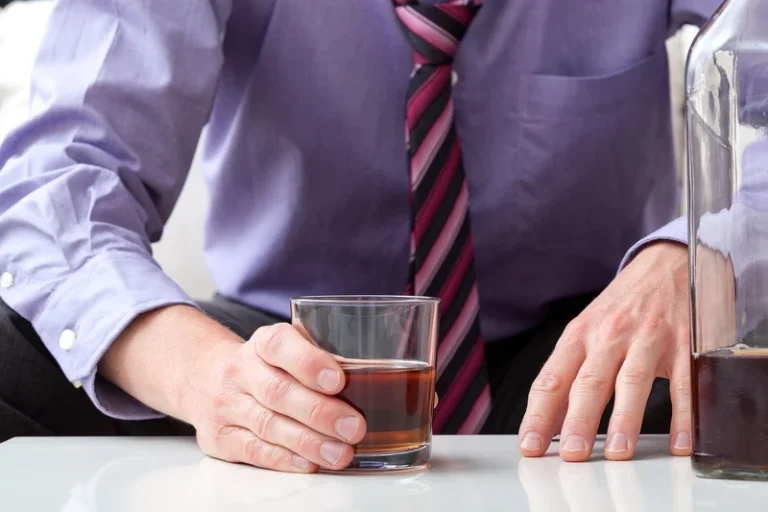
Relapse does not indicate a lack of effort or dedication; rather, it underscores addiction’s chronic and challenging nature. People will shut down if you ask them to share their most intimate thoughts from the moment they walk in the door. You need to start slow in order to ease your clients into sharing their deeper thoughts with the group. Once your group feels comfortable with each other you can start digging deeper. Much like music, artistic activities can help people relax and focus on something soothing, which aids in recovery and healing.

Cognitive Therapy Techniques & Worksheets: Your Ultimate Toolkit
Other than gently guiding conversation, the group leader is responsible for picking up on client issues that reoccur in group therapy and in daily life. Clients will oftentimes subconsciously demonstrate actions in group therapy that are representative of their routine patterns and thought processes. These instances serve as opportunities for the group leader to make suggestions and to give the client insight into habits that might need alteration. Observing individuals in this group dynamic gives therapists a different perspective that allows them to enhance the quality of care provided for clients.
Group Activities In Addiction Recovery
Facing drug addiction or alcohol abuse can be an isolating experience, which is one of many reasons why treatment providers use group therapy and peer support in their programs. Activities in a group setting keep clients https://ecosoberhouse.com/article/best-way-to-flush-alcohol-out-of-your-system/ engaged and help them build bonds with peers. We previously posted a list of 60 substance abuse group therapy activities to give readers an idea of what kinds of topics they might encounter during a theme/support group.
Exercises and Worksheets for Depression and Anxiety
- Including this widget on your application will allow people to calculate their BMI and see the corresponding weight category.
- In order to keep participants engaged and focused, leaders may offer different activities during sessions.
- These activities serve as moments of connection, growth, and celebration, illuminating the path toward a brighter, substance-free future.
For medical advice please consult your physicians or ChoicePoint’s qualified staff. Clients receive blank pieces of paper and are tasked to write the names of who they think is most likely and least likely to relapse. After writing their own name on the sheet, they turn it in to staff (effectively allowing staff to maintain a safe and productive environment). If they choose, clients can share what they wrote and provide additional feedback.
If you’re short on time and just want a quick update, using “say a few words on…” may be the better option. You’ll find more on cooking as a group therapy intervention in Farmer et al.’s (2018) paper, Psychosocial Benefits of Cooking Interventions. Cooking is perfect for this type of activity since it gets members working together, doing something fun, and it requires interaction substance abuse group activities for adults with the other members of the group. You will set the timer so they can start talking—ask them to take it slow and be genuine, practicing the three steps outlined above. They should ideally be taking note all the while of the impact they are having on their listener partner. Next, invite the group to pair off—one will take on a speaker role and the other will listen.

Benefits Of Group Treatment Settings
Find out how NIMH engages a range of stakeholder organizations as part of its efforts to ensure the greatest public health impact of the research we support. If you or someone you know has a mental illness, there are ways to get help. Use these resources to find help for yourself, a friend, or a family member. There are inherent benefits to spending time with others who can relate to our struggles and pursuits.

These activities not only promote personal growth and self-awareness but also strengthen the bonds of support and encouragement among group members in Heroin Addiction Recovery. By incorporating fun and interactive elements into substance abuse recovery programs, individuals can embark on a journey of healing and transformation with confidence and enthusiasm. Role-playing offers a safe space for group therapy participants to confront their fears and negative thoughts. Acting in different scenarios can help patients to develop better coping strategies for difficult situations.
Some recovery groups promote emotional openness by playing feelings charades. Support the creation of new tools for the entire mental health community. This complex, intense interpersonal experience can be filled with powerful interaction and meaningful activities. Many of these group therapy activities are highlighted in this article. Group therapy has a nearly 100-year-old history and has branched into many aspects of the contemporary world. As social creatures, we learn from and depend on groups to survive, thrive, and grow as individuals.
- There are several factors that should be considered as a therapist or leader begins to perform activities in group therapy.
- For participants, there are many reasons why group therapy is a treatment worth considering.
- Diving into fun group activities for adults in recovery not only fosters camaraderie but also cultivates a supportive environment conducive to growth.
- Brown (2018b) notes the importance of setting clear expectations for group participants using carefully constructed intake materials.
- These three pillars of acceptance in SMART Recovery help you build a strong emotional foundation by teaching you how to fully accept yourself, others, and life’s challenges.
- Participants can also share different coping skills that have worked for them, as well as what hasn’t worked.
- Substance abuse group activities are one of the most intimidating parts of rehab for many people.

